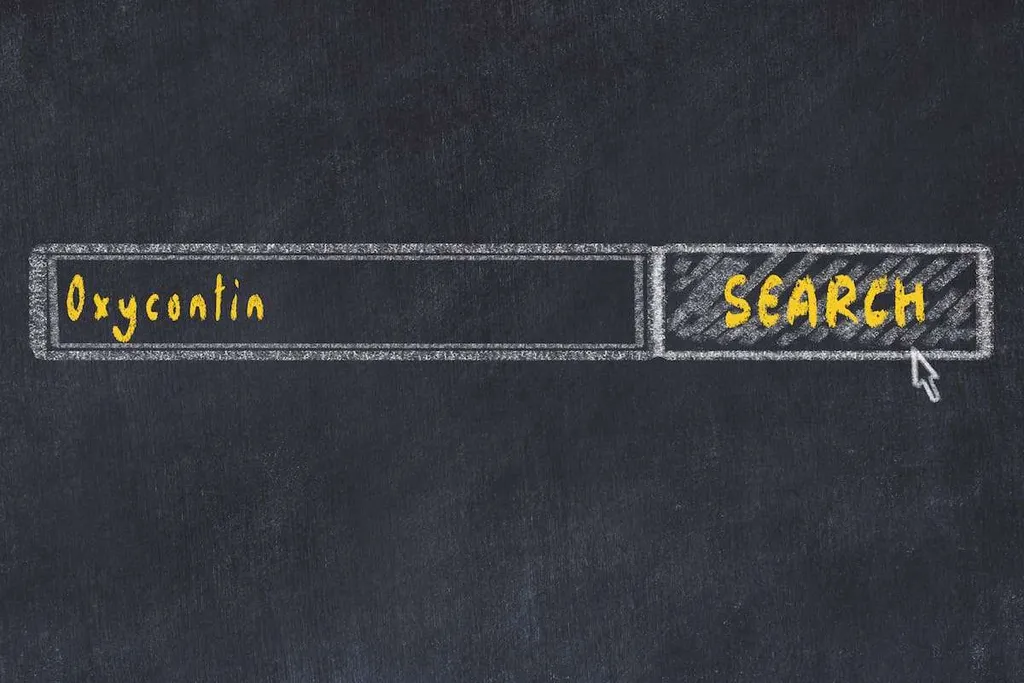Hydrocephalus: Symptoms, Causes, and Treatment

While the most prevalent cause what does wet brain mean of Wet brain may be constant alcohol abuse, anorexia, and many other dysfunctions that drain thiamine may also be the reason for its development. The active introduction of glucose to a brain that is deficient in thiamine may also cause a wet brain. However, the most common reason this issue develops is as a result of alcohol abuse.
Diagnosis and Treatment for Wernicke-Korsakoff Syndrome
People with Korsakoff syndrome may also experience visual or auditory hallucinations. In addition, they may make up false stories without consciously meaning to deceive. Anxiety can contribute to dysesthesia, but experts still don’t fully understand how or why.
Excessive Alcohol Use
- Treatment can prevent progression to Korsakoff psychosis, which is not reversible or treatable.
- This could mean routine blood tests to check levels of thiamine, cognitive assessments, and physical therapy that enhances coordination, among other motor skills.
- While “Wet Brain Syndrome” is a colloquial term for Wernicke-Korsakoff Syndrome, it is important to approach the condition with sensitivity and awareness of its medical nature.
- During these final stages of wet brain syndrome, treatment can manage symptoms, but brain damage from drinking is severe and permanent.
- Even with treatment, full recovery is rare once Korsakoff syndrome has set in.
By keeping these foods in your diet, you can help your thiamine intake and make sure that your organs are working overall. Ask your doctor about addiction treatment clinics or specialists in your area. You can also find treatment options through SAMHSA’s online treatment locator or by visiting our treatment help page. With proper care, many patients can regain control and achieve lasting recovery. For those unable to attend in-person sessions, online or phone-based therapy provides accessible support.
Alcohol Abuse and Thiamine Deficiency: The Connection

In the original SIS/SES questionnaire, statistically significant gender differences are seen despite considerable overlap in scores between men and women. On average, males score higher on sexual excitation and lower than females on both facets of sexual inhibition. The differences in scores between genders have not been explained beyond the theoretical level. This model created by John Bancroft and Erick Janssen, previously at the Kinsey Institute, explores the individual variability of sexual response. They postulate that this variability depends on the interaction between an individual’s sexual excitation system (SES) and sexual inhibition system (SIS). A factor analysis of the SIS/SES questionnaire, revealed a single excitation factor and two inhibition factors.
- Some patients experience partial recovery in memory and cognitive function, while others may require ongoing care or assisted living.
- Programs aimed at reducing binge drinking may include detoxification and therapy as part of a healthy lifestyle change.
- This is what leads to a vitamin B1 or thiamine deficiency that causes this brain disorder in most people who have it.
- I’ve spent the last seven years researching and understanding alcoholism, addiction, and how people get sober.
Symptoms will vary depending on which syndrome is experienced first or most predominantly. If you have any of these conditions, speak to your doctor about monitoring thiamine levels—especially if you are experiencing confusion, balance problems, or memory issues. He has a nursing and business/technology degrees from The Johns Hopkins University. Unfortunately, many people with AUD do not disclose the full extent of their alcohol use to their primary care providers. Being honest with your doctor about how much you are drinking will help them understand that alcohol may be the cause of WKS symptoms.

In these situations, a trial of thiamine replacement therapy may be warranted. If the patient shows significant improvement with thiamine supplementation, it can support a diagnosis of wet brain. Misdiagnosis can lead to inappropriate treatment and missed opportunities for intervention.
Repeated or prolonged stimulation without orgasm and ejaculation can lead to discomfort in the testes (corresponding to the slang term « blue balls »12). After the detox phase, it is important to continue steps toward recovery. Cognitive behavioral therapy is a common path that helps you develop coping mechanisms to manage triggers or negative thought patterns.

Brain Vasospasm Prognosis: Navigating Recovery and Long-Term Outcomes

Your body can’t produce thiamine on its own—it has to be ingested through your diet. This is typically a non-issue for most Sober living house healthy adults (think whole grains, asparagus, kale, pork, beef, chicken, eggs and potatoes). Those who struggle with alcohol use disorder, though, are at risk of thiamine deficiency. Instead of eating a balanced diet, many alcoholics drink their calories, depriving their bodies of essential vitamins. In other cases, an alcohol-induced inflammation of the stomach lining reduces the body’s ability to absorb vitamins.

In hospitals, thiamine is frequently given intravenously to malnourished patients or those at risk for Wernicke-Korsakoff syndrome to rapidly restore levels and reduce the risk of permanent brain damage. Long-term, heavy drinking can seriously damage your health in various ways. One potential consequence of this pattern of drinking is a condition known informally as wet brain.
Wernicke Encephalopathy Syndrome
Dietary issues or bulimia are relatively rare when compared to alcoholism, and would need to be very severe to lead to wet brain. While we have been discussing the way that alcohol impact thiamine intake, there are other causes that may lead to a lower amount of Vitamin B12 in the body. Long periods of vomiting or bulimia may also lead to a Vitamin B12 deficiency. If Wernicke’s disease goes untreated, it can lead to Korsakoff’s psychosis—a chronic and often irreversible condition caused by lasting damage to the brain. However, these signs are actually the brain’s response to severe thiamine deficiency and should be taken seriously. In its early stages, the symptoms of Wernicke’s disease can look a lot like alcohol withdrawal or intoxication.